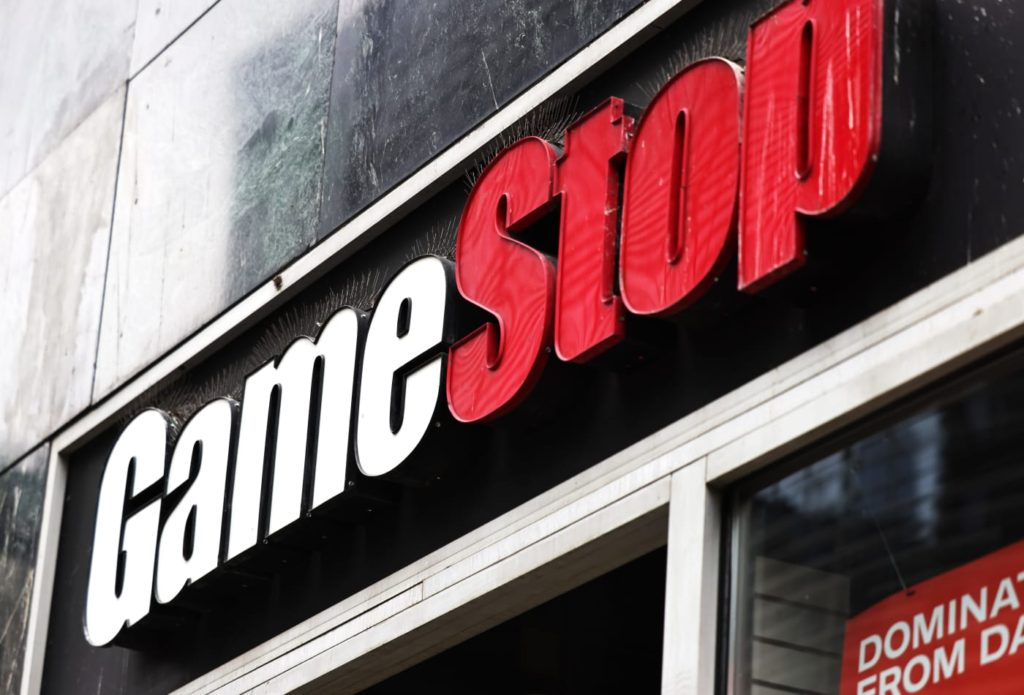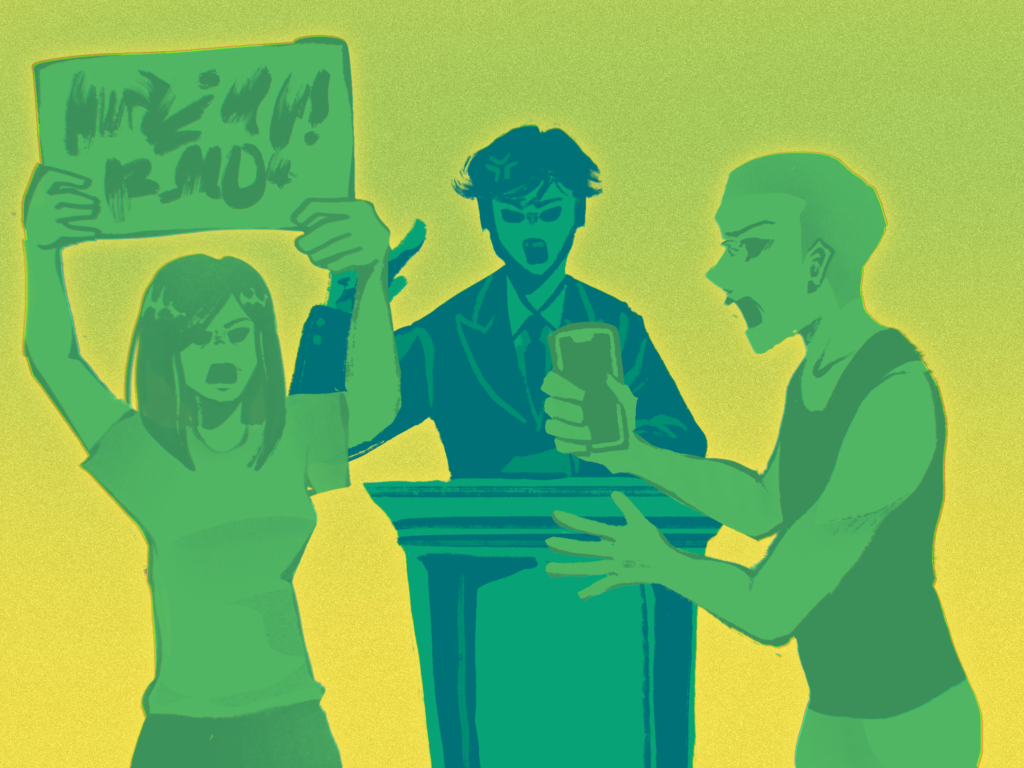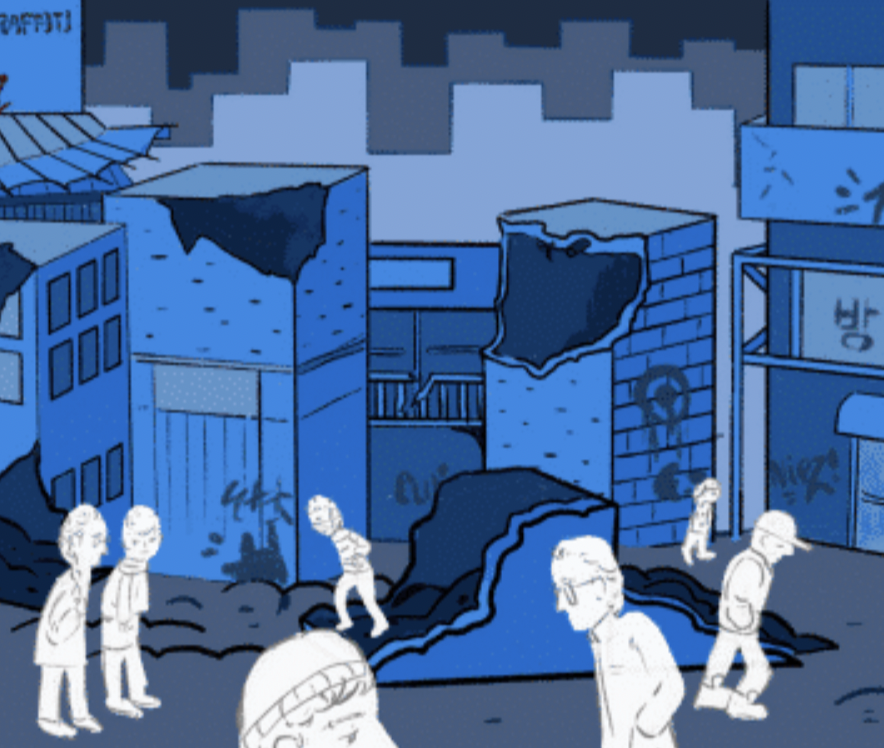At the start of 2021, one share of GameStop stock was worth less than $20. At 10 a.m. on January 28, the stock was worth $480. How did this happen?
The Reddit community WallStreetBets noticed the stock had been shorted by several hedge funds such as Melvin Capital. Millions of small investors decided to pool their limited resources to buy GameStop share and stock options. With the collective power of the internet, they put the stock on a rocket and sent it to the moon, increasing GameStop’s market value from $2 billion to over $24 billion.
By juicing the price of GameStop, WallStreetBets has cost hedge funds around $20 billion and sent a message louder than any of the Occupy Wall Street protests. These internet investors proved that anyone with a trading account can play the stock market. In a true David vs. Goliath story, the little guy beat the big guns on Wall Street.
However, the GameStop play shifted from a get-rich-quick scheme to a protest against the hedge funds and the elite who deceive the working class any chance they get.
For decades, Wall Street has been playing with house money. They privatize their profits, making billions upon billions of dollars, without regard for the consequences, before socializing their losses. The perfect example of this is the 2008 subprime mortgage crisis when Wall Street sold mortgage-backed securities they knew were worthless to investors and stripped away millions of Americans’ retirement accounts, homes, businesses, and livelihoods.
Did Wall Street pay the consequences for its deception? No. Washington bailed out the firms — to the tune of hundreds of billions of dollars. Only one banker was indicted.
The playing field has never been even – Wall Street can take on extreme risk knowing that if it screws up, it will be rescued. That is what happened with Melvin Capital and other hedge funds that took out an ungodly number of shorts on GameStop. Except, this time, the people struck back. They sent a message to Wall Street that small-time, everyday investors can no longer be ignored, deceived, and trampled.
But who really wins here?
WallStreetBets users have made a lot of money — the user who first inspired this play turned $53,000 into $48 million. But, when this all comes crashing down, who will be left holding the bag? Who will be left with worthless GameStop stock? It certainly won’t be Wall Street. They have the money and the political connections that allow them to revel in the spoils of war without suffering any of the casualties. Given that new Treasury Secretary Janet Yellen took nearly $1 million in “speaking fees” from Citadel, the backers of Melvin Capital, it is easy to see why Wall Street never gets seriously punished.
Wall Street should pay for its mistakes. But, what happens if it does? If the short squeeze goes nuclear and the margin calls start coming in, hedge funds will be forced to sell their assets. But, it’s not their own money the hedge funds would be losing. Hedge funds are made up of investments, much like retirement accounts. So, who really loses when they go down?
Not Wall Street. Even worse: if the hedge funds sell off their assets, the entire stock market will crash, and, once again, millions of Americans will lose everything.
We’ve already seen something similar during the coronavirus pandemic: the economy tanked, but the stock market rose to new heights. While many Americans struggled to find work and make ends meet, Wall Street got richer than ever. When the players in the system are too big to fail, you know the system is rigged.
GameStop gave people a chance to stand up for themselves and do something unprecedented. But, at the end of the day, Wall Street will win like they always do. Small investors accomplished incredible feats with the GameStop play, but they’ll never be able to truly compete within a corrupt, broken system.

GameStop storefront in New York City. Photo courtesy of CNBC




